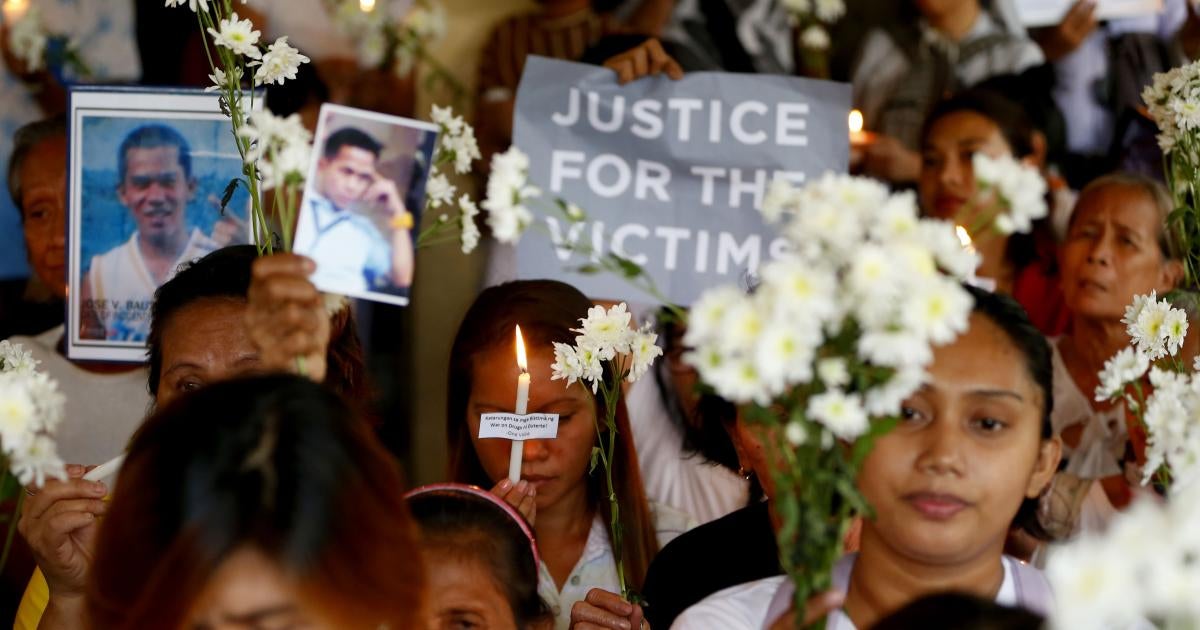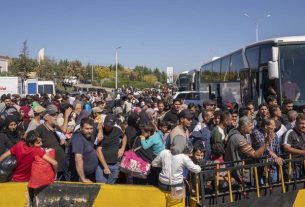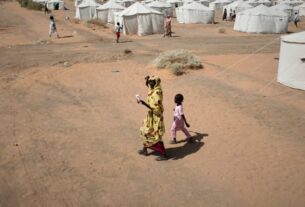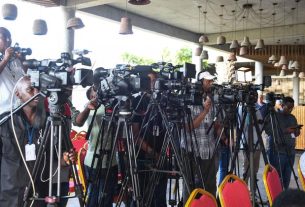On Thursday, a panel of judges at the International Criminal Court (ICC) in the Hague authorized the Office of the Prosecutor to resume its investigation into alleged crimes against humanity in the Philippines. The judges concluded that the Philippine government failed to substantiate its assertions that it was doing enough to investigate and prosecute killings that took place during former President Rodrigo Duterte’s administration. The government had previously requested the court’s prosecutor defer the investigation to domestic authorities.
The ICC investigation covers alleged crimes committed from November 2011 to June 2016, when large numbers of extrajudicial killings occurred in Davao City while Duterte was mayor, and up to March 19, 2019, when the Philippines’ withdrawal from the ICC’s Rome Statute took effect during Duterte’s term as president. Although the Philippines is no longer a member of the ICC, under the Rome Statute the court retains its jurisdiction over crimes committed there prior to the country’s withdrawal.
In their decision this week, the judges stated they were “not satisfied that the Philippines is undertaking relevant investigations that would warrant a deferral of the court’s investigations,” and that the Philippine government’s domestic initiatives “assessed collectively, do not amount to tangible, concrete and progressive investigative steps in a way that would sufficiently mirror the court’s investigation.”
The decision is a severe blow to the Philippine government’s repeated attempts to hamper the ICC’s efforts by claiming national authorities were investigating the killings and questioning the court’s jurisdiction. Throughout its 42-page decision, the judges refuted the government’s arguments and in some places pointed out what amounts to Manila’s tokenistic approach to supposedly investigate the killings.
The ICC’s action is an important step toward accountability for the “drug war” killings in the Philippines, which continue to occur on a daily basis and where activists and journalists face threats, harassment, and even death for speaking out.
President Ferdinand Marcos Jr. should reverse his predecessor’s stance and actively cooperate with the ICC investigation. This would help demonstrate his government is sincere when it says it values accountability and human rights. And it would bring “drug war” victims and their families closer to achieving a measure of justice.



